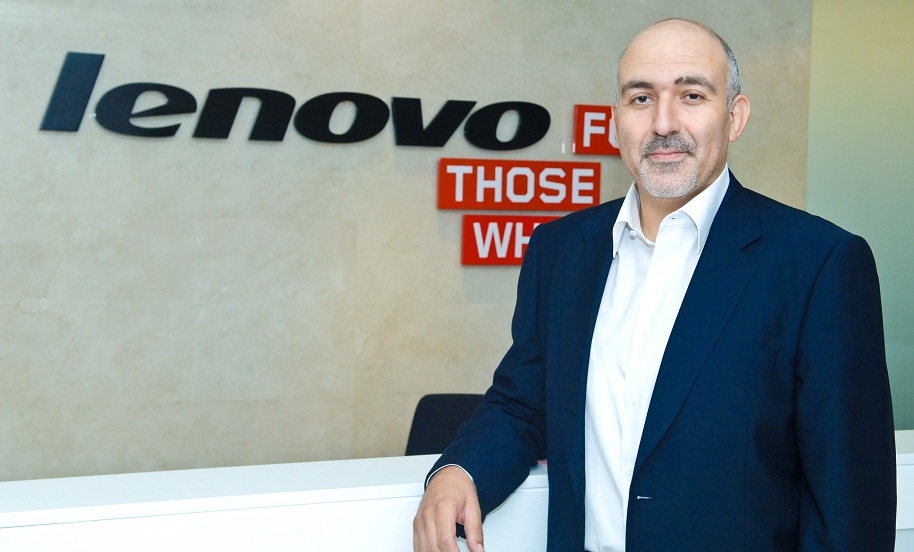
It is not uncommon to see children as young as toddlers holding a touch screen device in a waiting room of a clinic or in a restaurant. Often these devices are used by parents to keep the child occupied and entertained.
According to a recent survey, use of media devices from the TV to smartphones, laptops and tablet devices by 8 to 18 year olds has increased by an hour a day over the last five years and only increases again as they approach college years. As we progress in a modern world where technology rules every aspect of our life, it is worth looking at the impact and place it has in students’ life.
Gone are the days when pupils would bring home books and work-sheets as home-work, this is now often available on schools’ specially designed e-learning sites. Teachers upload each week’s homework under their subject and students are expected to download, complete and submit the homework online.
This further increases the time a student spends on a connected device, and the multitude of ways they can be used for advancing learning and knowledge. In contrast to just a generation ago, today it would be a rarity to see any student on campus without a mobile device and on-the-go connection to the internet.
With the availability of a wide range of mobile computing devices, students are spoiled for choice and believe it isvital to their studies to own and carry their own device to class. Omar Azab, a fifth year engineering student from the American University of Cairo said, “for me technology is very important as I use it in my coursework for designing and calculations otherwise all my work would stop. The use of technology in our curriculum is essential as we shoot videos and take pictures of the lectures through our mobiles, tablets and laptops… Nearly all of our work is carried out using our devices.”
Other universities are not far behind, with students increasingly asking their faculty to integrate the use of technology even further into the curriculum.
“I use my laptop 70 per cent of the time in class and for home work but would like to see an increase in the use of this,” said Assem Saleh, a second year logistics student at the Arab Science and Technology and Maritime Studies College in Egypt.
According to a 2012 survey on students and tablets by the Pearson Foundation in the US, 70 percent of college students have read digital textbooks, compared with 62 percent only a year earlier. Almost six in 10 college students prefer a digital format when reading books for fun (57 percent) or textbooks for class (58 percent). Even more compelling, almost 63 percent believe tablets will successfully replace textbooks within the next five years, up from 50 percent in 2011.
Both students and educators agree that technology is fast taking over the classroom, whether it is to impart knowledge by teachers or students doing research and homework.
Amal Hassan, an assistant professor from the German University in Egypt said, “the use of audio visual equipment helps us better to deliver lectures and make the sessions interesting and interactive, students also react better to visual material. We have noticed that students who use their personal laptops save more time in taking notes during their classes and it also makes it easier to share this information with their classmates. Technology has made learning more flexible and helps students to actively engage and understand their course content.”
The range of notebooks, tablets, “ultrabooks” and smartphones available in the market makes it easier for students to find an affordable solution that meets their functionality requirements. In fact, students have becomean important target market for manufacturers.
Commenting on the increase of mobility devices in college campuses, Yasser Shaheen, Lenovo country manager Egypt said, “mobility devices are now ubiquitous whether at work, home or in education… The ‘ultrabook’ range has become very popular since launch for its stylish design; light weight, long battery life and these devices are equipped for connectivity from wherever you choose to get online. They are fast becoming a generation Z choice and are gaining recognition with these digital natives.”
The impact of technology and its advances in mobility devices, in our lives, are seamlessly integrated so carrying your own device to university is just another natural progression. At the pace we are making technological progress, the day primary pupils carry one of these devices to their first day at school is not far off the horizon.




